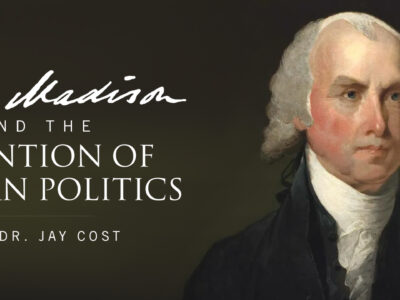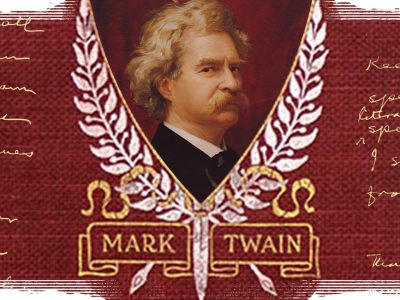The 12 Virginia Episcopal congregations that voted to leave the Episcopal Church in the U.S.A. (ECUSA) and its Virginia Diocese in late 2006 and early 2007 have been successful in the first round of what promises to be a protracted legal battle. At stake is whether these local parishes can retain their church property, estimated to be worth $30-$40 million. When the local churches voted to exit, both the ECUSA and the Diocese began lawsuits against the departing churches claiming, among other things, that the local congregants were trespassers in their own sanctuaries. Now a Virginia county judge who is hearing the cases, the Honorable Randy I. Bellows, has issued a carefully worded and tightly reasoned 83-page opinion which decides a crucial but preliminary issue: Was a Virginia law, which provides a process by which a local church can disaffiliate from its denomination, properly used by the departing churches? Judge Bellows has found, in short, that it was.
A quick review of the factual background is in order. The Virginia churches (parishes), some with histories dating back to America’s founding, withdrew from the ECUSA by overwhelming majority votes among their members. These members determined that the ECUSA, its mother denomination, was moving farther and farther away from Scriptural and traditional principles. The final affront to the spiritual sensibilities of the parishioners was the denomination’s ordination of an openly gay man (currently living with a same-sex partner) as bishop of New Hampshire. Also endorsed was the clerical blessing of same-sex unions. The 12 parishes not only left the ECUSA but put themselves under the ecclesiastical authority of certain African Bishops through the Convocation of Anglicans of North America (CANA). This move kept them within the worldwide Anglican Communion but freed them from the oversight of the ECUSA.
Judge Bellows ruled that it was proper for the seceding churches to make use of a Virginia law simply called “57-9.” Under its provisions, if a “division” occurs in a church or religious society, a congregation, by majority vote of the members, may choose to disaffiliate with that denomination and affiliate anew with another. Once the membership vote indicates the desire on the part of the majority of parishioners to make the change, the vote must be reported to the local county court which confirms that the title to and control of the property belongs to the congregation.
Judge Bellows was convinced by the argumentation of the 12 local churches and their counsel that indeed such a division had occurred. Although ECUSA argued that a real division had not occurred and could not occur unless the denomination itself recognized it, Judge Bellows wrote persuasively: “… [I]t blinks at reality to characterize the ongoing division within the Diocese, ECUSA, Anglican Communion as anything but a division of the first magnitude … [creating] a level of distress among many church members so profound and wrenching as to lead them to cast votes in an attempt to disaffiliate from a church which has been their home and heritage throughout their lives, and often back for generations.” Precisely put!
Judge Bellows has ordered further hearings on constitutional issues. The separating churches have reason to be cautiously optimistic. Why? The U.S. Supreme Court has endorsed an approach like that which Judge Bellows appears to be using. That approach is called the “neutral principles of state law” approach. Using that approach, which the Supreme Court approved in the case of Jones v. Wolf, state courts may scrutinize the “language of deeds, the terms of local church charters, state statutes governing the holding of church property” and then reach a conclusion when they are presented with church-property disputes. To do so, as has been done in this case so far, is not to “establish religion” or interfere with “free exercise of religion” but merely to do what courts are used to doing—decide who is entitled to a piece of property. Whether the seceding church is more doctrinally sound or less doctrinally sound than its mother denomination is not a matter into which the court need inquire. According to Jones v. Wolf, Judge Bellows ought to rely exclusively on “well-established concepts of trust and property law familiar to lawyers and judges.” That is exactly what he appears to be doing.




